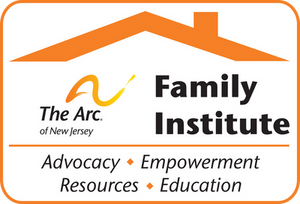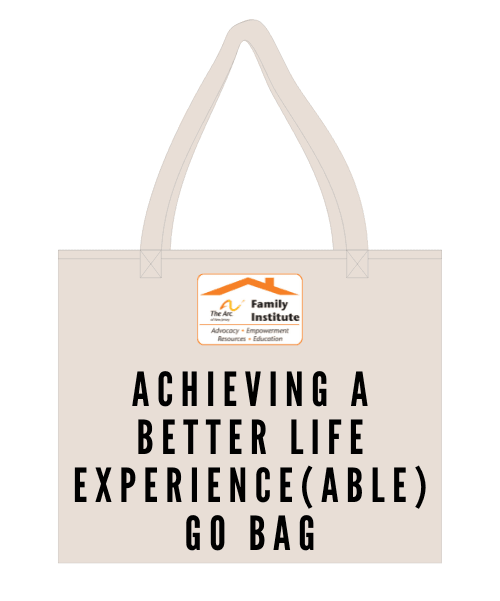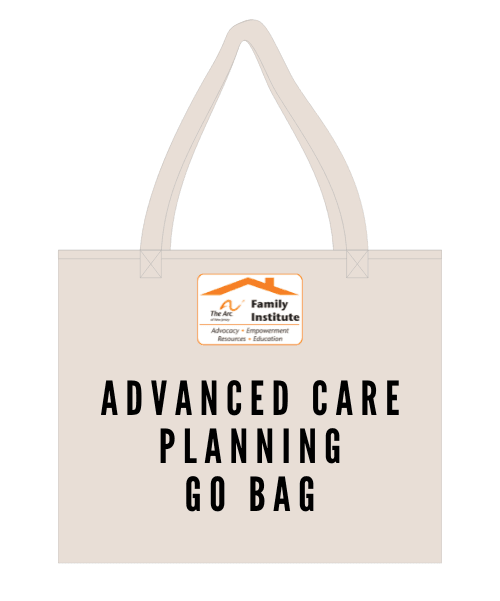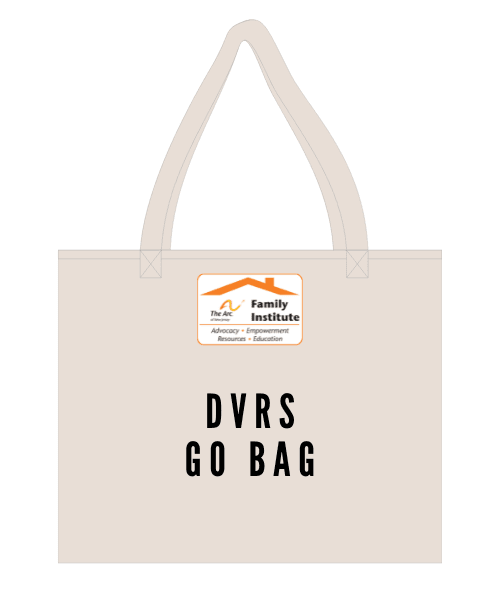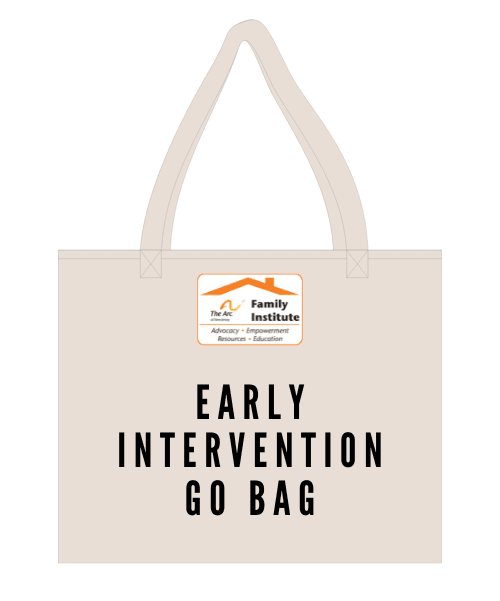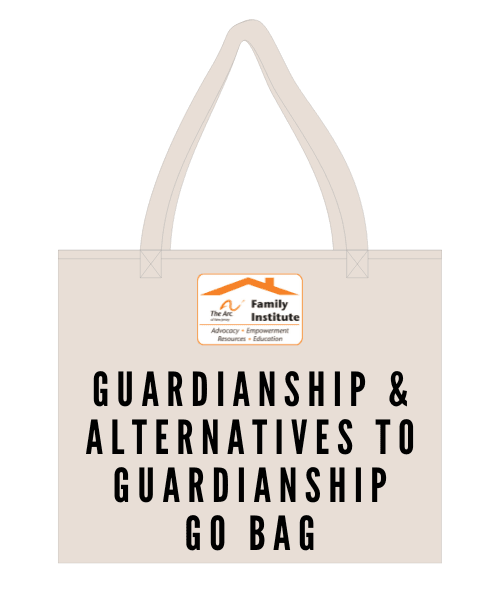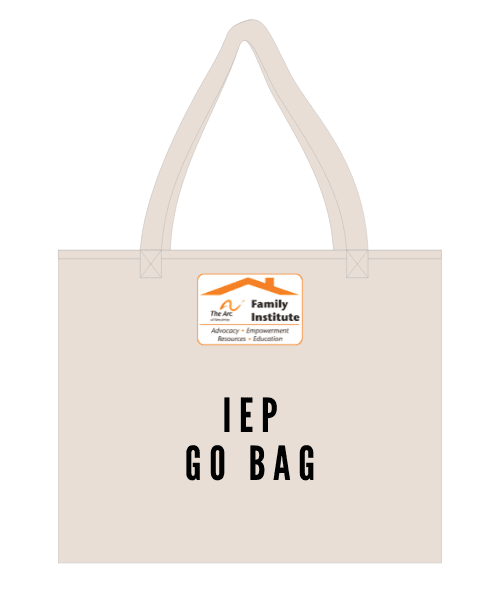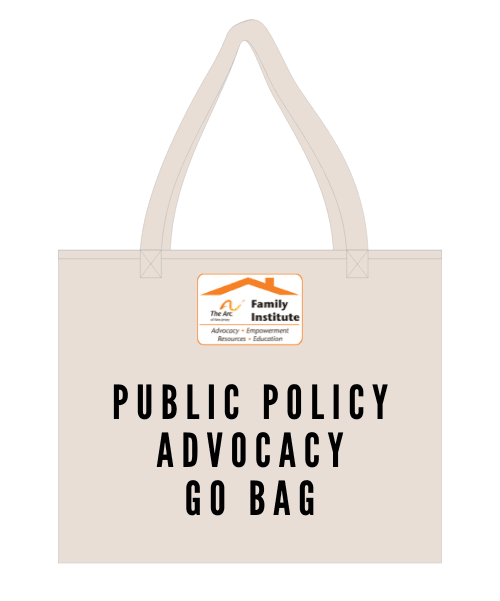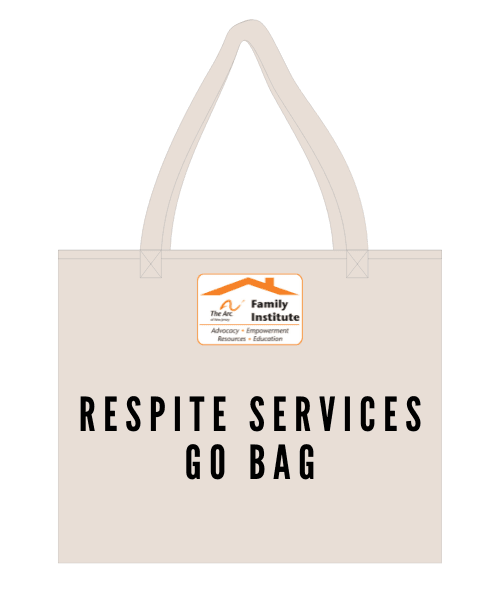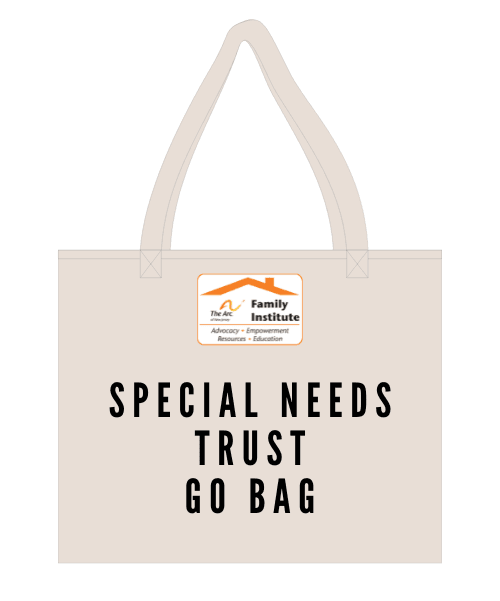Information About Day Programs

What is a Day Program?
A day program for individuals with intellectual and developmental disabilities (IDD) is a community-based service that provides structured activities and support. The goal is to help individuals with IDD develop and maintain skills necessary for independent living, social interaction, and community integration. Day programs are personalized, culturally sensitive, and designed to meet the specific needs and goals of each participant, as detailed in their Individualized Service Plan (ISP).
Example of an ISP: https://nj.gov/humanservices/ddd/assets/documents/support/isp-submission-criteria.pdf
Key Features of Day Programs for Individuals with IDD
Skill Development:
Day programs emphasize the enhancement of various skills, including self-help, self-care, communication, social interaction, problem-solving, and community integration.
Community Integration:
They strive to encourage active engagement in community life through volunteering, attending cultural events, and utilizing public transportation.
Socialization:
Social interaction plays a vital role in helping individuals build self-esteem, confidence, and social skills through their interactions with peers and staff.
Personalized Support:
Programs are customized based on individual needs, preferences, and goals, typically incorporating personalized treatment plans and therapeutic interventions.
Family Involvement:
Day programs may provide support and training for families to better understand and assist their loved ones with IDD.
Flexibility:
Day programs can be found in varied settings, including fixed locations such as Training Centers, as well as in the community. They may also offer flexible scheduling options.
Examples of Activities in Day Programs
Skill-Building Classes: Workshops on budgeting, cooking, personal hygiene, communication, and other essential life skills.
Recreational Activities: Group outings, sports, arts and crafts, and other leisure activities.
Community Outings: Trips to the library, shopping, cultural events, and other community locations.
Therapeutic Interventions: Art therapy, music therapy, and other therapies to address emotional and behavioral needs.
Community Service: Opportunities to volunteer and contribute to the community.
Tips for Finding a Good Day Program
- Daily Activities
When searching for a day program, it's essential to ask about the types of activities offered and how they are organized. A good program should provide a balance of caregiving routines, skill development, enrichment activities, and free
time for personal interests. Additionally, consider whether the program includes job-related skills training or employment opportunities. - Grouping Attendees
Grouping attendees is a vital component of day programs, as it fosters social interaction among individuals. This process includes balancing small and large group activities with individual attention. By doing so, it creates a comfortable
environment for individuals with Intellectual and Developmental Disabilities (IDD) to engage in activities that match their interests. Additionally, grouping attendees allows for a variety of activities to be offered, which promotes engagement and
enhances overall well-being. - Caregiver Competencies
In caregiving, it is essential for caregivers to have the necessary skills to provide personalized assistance and support. Matching caregivers to individuals based on their qualifications and assessing their abilities can help ensure that the right
caregivers are paired with the right individuals. Additionally, maintaining appropriate caregiver-to-attendee ratios is important to guarantee that everyone receives the attention and care they need. - Accommodating Extreme Disabilities
When selecting a program or facility for a loved one with severe disabilities, it is essential to inquire about the resources available to address their specific needs. For instance, if mobility is a concern, ask about the accessibility and
accommodations provided for wheelchair users. If your loved one has sensory impairments, inquire about any sensory-friendly activities or environments offered. Additionally, it is vital to evaluate how the facility promotes inclusivity in
daily activities and special outings to ensure your loved one feels included and valued. - Day Trips and Outings
The frequency of day trips and outings organized by the program is crucial for providing a well-rounded experience for individuals with IDD. These trips should be enjoyable and educational, introducing individuals to new experiences and
environments. It is essential to consider the accommodations and personal assistance available during outings, especially for individuals who require additional support. Accessibility measures must be implemented to ensure that everyone can participate fully and safely in the outing. - Transportation
When choosing a program facility, it's crucial to find out if daily transportation to and from the facility is provided. Additionally, inquire about the reliability of the transportation service, the qualifications of the drivers, and any specialized accommodations needed, such as lifts or extra assistance for nonverbal passengers. - Dealing with Noncompliance and Emergencies
When considering enrollment in a program, it is essential to ask about their strategies for managing noncompliance and emergencies. Understanding how the program handles participants who may not adhere to rules or escalate
conflicts is crucial for ensuring everyone’s safety. - Provision of Meals and Supplies
It is essential to determine whether the program you are attending provides meals, snacks, and supplies, or if you will need to supply them yourself. Individual food needs can vary significantly, so it’s important to review the program’s dietary restrictions and personal hygiene policies. Some programs may offer a variety of options to accommodate different dietary requirements,
while others may require participants to bring their own food. Additionally, consider whether the program supplies necessary items such as toiletries, bedding, and clothing, or if you will need to bring those with you. - Family Involvement and Concerns
Family involvement is an essential component of any successful educational program. Understanding the program’s stance on family involvement and how they address questions and concerns is important. It is recommended to ask
about the level of family participation encouraged and the protocol for addressing any issues that may arise.
Benefits of Attending a Day Program
- Development of Life Skills
Day programs help participants enhance their real-world skills. Through activities such as exercising, creating personal schedules, and volunteering in the community, adults with disabilities can build their confidence and acquire knowledge in new areas. - Support for Caregivers
Being a caregiver for your loved one is more than just a full-time job; it’s a way of life. Adult day programs provide respite for caregivers and assurance that their loved one is in safe hands. - Community Connections
Adult day programs frequently help participants engage with their community through volunteering, connecting with local businesses, and socializing with new people. Often, individuals with disabilities discover various resources in the community that they were previously unaware of. Encouraging adults to step out of their comfort zones in a safe
environment is essential for fostering their independence. - Daily Socializing
Adult day programs often assist participants in engaging with their community by providing opportunities for volunteering, connecting with local businesses, and socializing with new people. Many individuals with disabilities discover various resources in the community that they were previously unaware of. Encouraging adults to step out of their comfort zones in a safe environment is crucial for fostering their independence. - Fun for Everyone
Day programs offer individuals with IDD the chance to explore new activities. From playing sports to creating art, there’s something for everyone to enjoy! These services are designed to be both educational and entertaining. - Safety and Support
Safety is always a top priority. Adult day programs offer a secure environment for individuals to learn, grow, and express themselves. Individuals with IDD can explore their interests and talents with appropriate support. - Boosts Overall Well-being
Engaging in social activities and events can significantly enhance a person's overall well-being. When individuals discover new talents or hobbies, their confidence can increase dramatically. Adult day services can considerably improve both mental and physical health through socialization, physical activity, and mentally stimulating games. - & More Benefits
Questions to Ask When Visiting a Day Program
- What does a typical day look like at your day program(s)?
- What sets your program apart from the rest? Is there a special focus?
- Why are the benefits of enrolling in a day program?
- What services do you offer in your day program(s)?
- What is the participant to staff ratio?
- How does the program provide community integration?
- Is transportation to and from the facility available?
- What should a person do once a day program is selected?
- Are there policies in place regarding family involvement?
- What safety measures are in place?
List of Day Programs Organized by County Chapters of The Arc
- Atlantic
- Bergen and Passaic
- Burlington
- Camden
- Cape May County
- Cumberland - Community Based Supports
- Essex
- Gloucester
- Hudson
- Hunterdon
- Mercer
- Middlesex
- Monmouth
- Morris
- Ocean
- Salem
- Somerset
- Sussex
- Union
- Warren - Community Based Supports
Resources
-
iRecord is a web-based electronic health record (EHR) system used by the New Jersey Department of Human Services. Its purpose is to help the Division of Developmental Disabilities manage and provide services to individuals in New Jersey.
Division of Developmental Disabilities and Day Habilitation
Let's Talk Day Programs
Stay tuned for our new podcast series where we will be discussing day programs!
